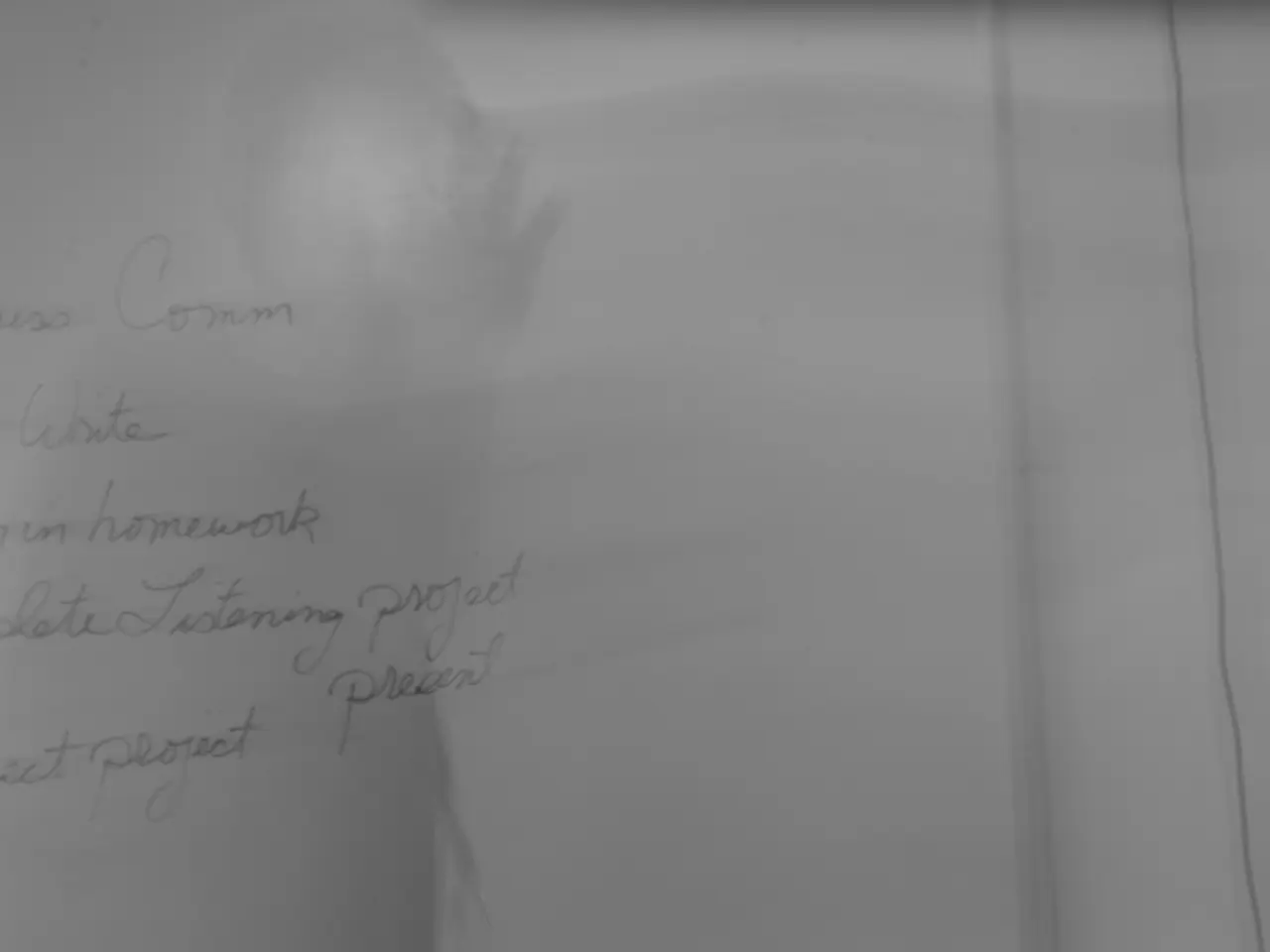Investigators Found Over 1300 Housing Sector Breaches in Tomsk Region
Improving Housing and Communal Services in Tomsk Region, Russia
The Tomsk Region in Russia is currently grappling with several challenges in its housing and communal services (HCS) sector. Infrastructure decay, rising utility prices, and service quality issues have been the primary concerns for the region in the first half of 2025.
The sector's aging infrastructure has led to an increase in accidents and service disruptions, compromising the reliability and safety of housing and communal services. This deterioration has been a significant concern for residents, leading to protests and dissatisfaction.
In an effort to address these issues, utility prices increased on average by 11.9% across Russia on July 1, 2025. However, federal support for infrastructure repairs has been reduced, intensifying financial pressure on utilities and consumers. Despite the price hikes, meaningful improvements in service quality have not been observed, leading federal authorities to investigate utility companies and consider regulatory scrutiny.
On the regulatory front, the Tomsk Region Prosecutor's Office has been actively involved in oversight work in the HCS sector. In the first half of 2025, they identified 1,363 violations, initiated seven criminal cases, and issued 188 warnings for non-compliance with regulations.
One of the entities under scrutiny was the "Mirony" municipal unitary enterprise in the Tomsk District, which provided unjustified data for tariff formation, leading to prosecutorial action. Other violations included instances of non-existent transport costs being included in the tariff calculation for "TomskRTS," and unjustified costs for property rental, totaling 23 million rubles, being included in the heat tariff in Streshnev.
However, there have been some positive developments. For instance, in Severesk, "Heat Networks" corrected violations in heat insulation following a prosecutor's intervention. Additionally, 30 protests against illegal acts were returned, and in Streshnev, 2,000 local residents received a refund totaling over 5.3 million rubles due to a prosecutor's check.
The Tomsk Region Prosecutor's Office has also submitted 388 proposals for improvements to enhance the quality of HCS services. The national government is also engaging in discussions and forums focusing on innovative urban infrastructure management technologies such as robotics and unmanned systems aimed at improving city life and services.
In conclusion, the Tomsk Region's HCS sector is facing substantial challenges with aging infrastructure, higher tariffs without proportional service improvement, and governance reforms aimed at enhancing reliability and accountability in the sector. Despite these challenges, ongoing efforts at a national level, regulatory oversight, and planned investments offer hope for improvements in the future.
- To mitigate the financial strain on the Tomsk Region's HCS sector, financial institutions could consider investing in infrastructure repairs or municipal bonds, thereby providing funds for necessary improvements.
- In the context of rising residential concerns, wealth management firms could provide advisory services to help homeowners navigate the housing market, making informed decisions about property purchases or rentals.
- As the government contemplates regulatory scrutiny and reforms, focusing on promoting accountability in the HCS sector, real-estate developers could also implement transparent business practices, ensuring fair pricing and quality of construction, ultimately enhancing public trust and support.




